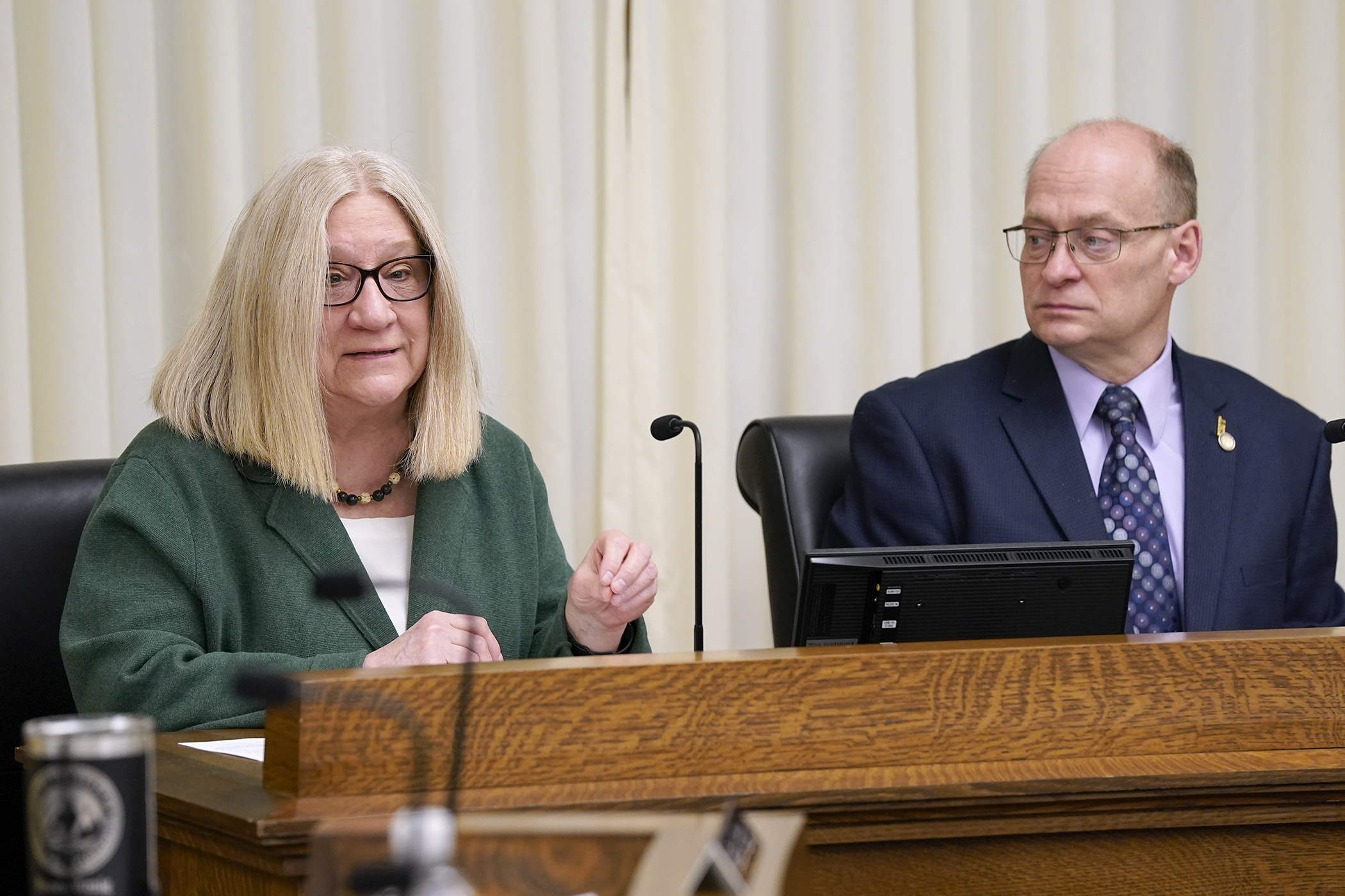Bill would prevent counties from charging for mental health emergency services

When you dial 911 and first responders rush to help you don’t get charged for those services.
If you call for a mental health emergencies service, you could get charged for those services.
Laid over Wednesday by the House Human Services Policy and Finance Committee for possible inclusion in a later bill, HF973 would prohibit county boards from charging for mental health emergency services and specify that co-payments, coinsurance, and deductibles do not apply to mobile crisis intervention services.
“We don't want to charge the folks for calling for services because we want to help them during their time of crisis,” said Rep. Jeff Backer (R-Browns Valley), the bill sponsor.
The bill would fund a mobile crisis grant to help counties cover the expenses. A dollar amount is not specified in the bill, but Backer said he anticipates it being $8 million for the upcoming biennium - $4 million for fiscal years 2026 and 2027.
Sue Abderholden, executive director for National Alliance on Mental Illness Minnesota, said they never contemplated that people would get charged for the full cost of mental health emergency services.
“We really want these mobile crisis teams to be viewed like fire, police, and first responders,” she said. “We don't have people pay for those out of their pocket.”
Erik Sievers, executive director of Hiawatha Valley Mental Health Center, said state grant funding ensures that they have on-call mental health practitioners and professionals to provide the best possible response time instead of using higher levels of care such as law enforcement and emergency rooms.
“This is the least costly form of care, so it is truly a win for all,” he said. “What we can do with this bill is relieve the pressure on other parts of the system like law enforcement, jails, and emergency departments. This funding removes barriers and helps support those without insurance or who have no insurance at all, again saving money for the state.”
Rep. Brion Curran (DFL-White Bear Lake) supports the bill but warned the committee not to pass the expenses onto counties.
“I don’t think any of us want to be personally charging people who are actually accessing this service,” Curran said. “We should be looking at how we're supporting counties so that these services are fully funded. That we're not just passing, you know, passing the buck on because we really want to make sure folks are accessing this.”
Backer said the goal is not to pass costs to the county.
Grant money could also be used for mobile crisis teams to purchase and renovate protected transport vehicles, an alternative to being transported by police or ambulances. There are currently only three in the state, Abderholden said.
Related Articles
Search Session Daily
Advanced Search OptionsPriority Dailies
Speaker Emerita Melissa Hortman, husband killed in attack
By HPIS Staff House Speaker Emerita Melissa Hortman (DFL-Brooklyn Park) and her husband, Mark, were fatally shot in their home early Saturday morning.
Gov. Tim Walz announced the news dur...
House Speaker Emerita Melissa Hortman (DFL-Brooklyn Park) and her husband, Mark, were fatally shot in their home early Saturday morning.
Gov. Tim Walz announced the news dur...
Lawmakers deliver budget bills to governor's desk in one-day special session
By Mike Cook About that talk of needing all 21 hours left in a legislative day to complete a special session?
House members were more than up to the challenge Monday. Beginning at 10 a.m...
About that talk of needing all 21 hours left in a legislative day to complete a special session?
House members were more than up to the challenge Monday. Beginning at 10 a.m...